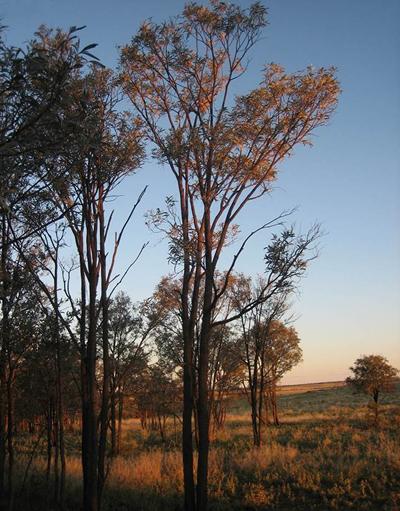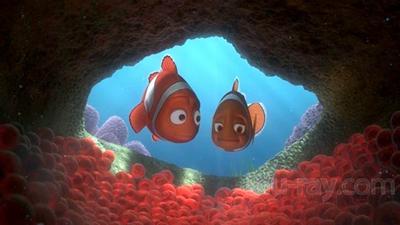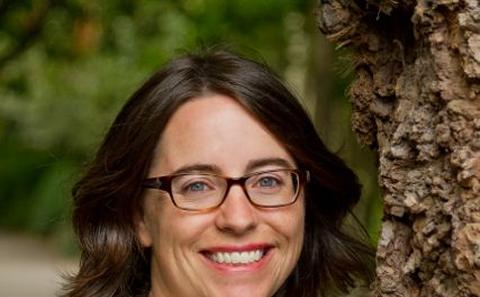Making a living: the consequences of life, death & dispersal in plants and fish Event
For more information regarding this event, please telephone Kim Lipscombe on 02380 59 7747 or email K.R.Lipscombe@soton.ac.uk .
Event details
There are many different ways of making a living as a plant or animal. Your life-history is a description of how long you live, when you become reproductive and how many babies you have. Life-history determines an organism’s population dynamics – ultimately determining evolutionary fitness and whether a population persists or goes extinct under different conditions. Evolution shapes life-histories and life histories can have consequences for how evolution proceeds.
I will describe a new classification of plant life histories and test the relevance of the fast-slow continuum for plants. I will also test predictions for how we might expect a dispersal trait in reef fishes to affect population genetic diversity and species diversity. Comparing multiple species enables us to look for general patterns and rules that will help our interpretation of the world around us.

- Classification of plant life histories and prediction of population dynamics
- Using dispersal traits to predict evolutionary diversity in fish

Speaker information
Yvonne Buckley ,School of Natural Sciences, Trinity College, ,University of Dublin, Ireland
